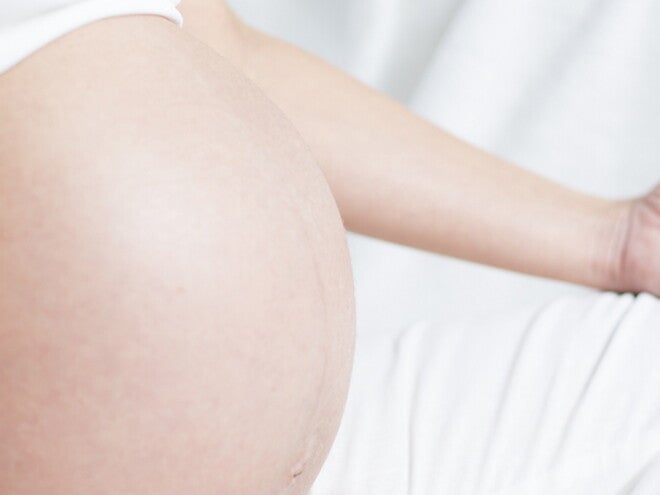
Relaxation and correct breathing techniques
Relaxation and correct breathing techniques
As your pregnancy advances, the uterus exerts an increased upward pressure on your diaphragm. As you near your due date you may find that you breathe less deeply, although more efficiently. You may have a tendency to hyperventilate. To avoid this, breathe more slowly and evenly.
Strenuous exercise may bring on a feeling of breathlessness, laboured breathing and hyperventilation.
Dizziness and faintness may result from holding your breath for extended periods.
- Learning correct breathing techniques and body awareness exercises will help alleviate these problems.
- Stress and pain can be relieved during pregnancy and labour through correct breathing and relaxation techniques.
Related articles

Further comfort measures for pain relief
Distractions like breathing, visualising or fixing on one point can take your mind off the pain.
5 mins to read
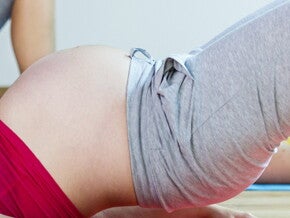
Levels of fitness
First trimester
Your fitness is likely to decrease. Listen to your body and only do what you feel comfortable doing.
Second trimester
5 mins to read

Monitoring your response to exercise
It is important to monitor your response to your exercise programme by taking your pulse-rate before, during and after exercise.
5 mins to read

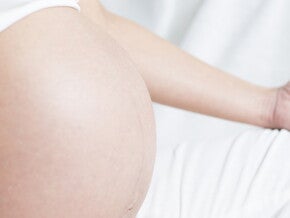

Criteria for prenatal classes
Instructor’s credentials, for example, midwife, physiotherapist.
Instructor’s specialised training in childbirth education.
5 mins to read

Conception
The fertilised egg divides into two identical cells – then four, then eight, then 16, and then many billions, and 266 days later – your baby.
1 min to read

Exercise
Feeling healthy, stress-free and relaxed will only help the chance of you and your partner falling pregnant.
1 min to read
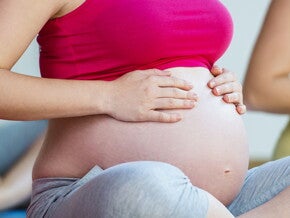
Types of exercise
Your safety and that of your baby are of prime importance at all times. You may begin to exercise in early pregnancy and continue for as long as you feel comfortable.
5 mins to read
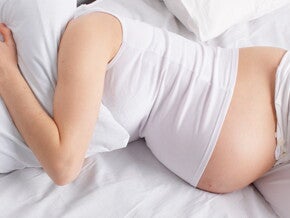
Adjusting to pregnancy
Discovering that you are pregnant brings about a variety of new feelings.
5 mins to read

Hazards to pregnancy
Pregnancy is usually diagnosed several weeks after conception. It is, therefore, advisable to avoid risk factors if you are planning to become pregnant.
2 mins to read
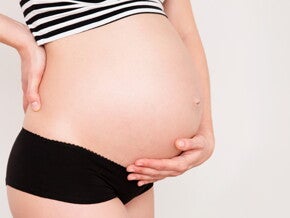
Increasing postural awareness and correction take
Take particular care of your back during and after pregnancy – protect it from strain and possible injury.
5 mins to read

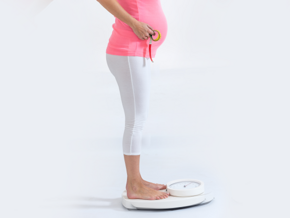
How Much Weight Should I Gain During Pregnancy?
There are many things you can do to prepare for the delivery of a healthy baby. One of the most important things is eating right to gain the extra weight you’ll need to support another life.
4 mins to read

Preconception checklist
Are you planning to have a baby soon? Find out our preconception checklist to facilitate the conceiving process and have an healthier pregnancy.
1 min to read
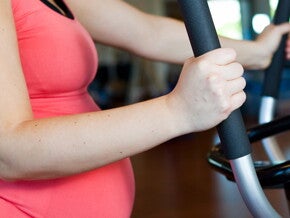
Maintaining and improving fitness
Stimulating the cardiovascular system through aerobic exercise helps to maintain and improve your fitness during pregnancy.
5 mins to read
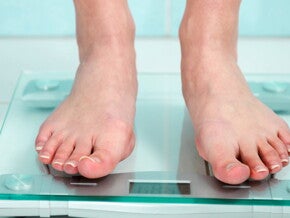

Breathing techniques
Breathing reflects the activity in your body and, of all the body’s involuntary unconscious physical responses, breathing is the easiest to control.
4 mins to read
